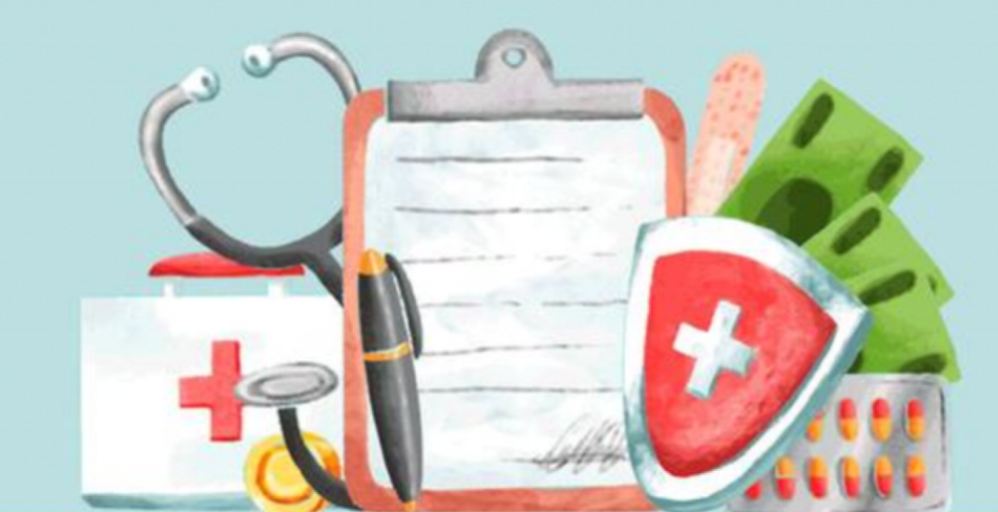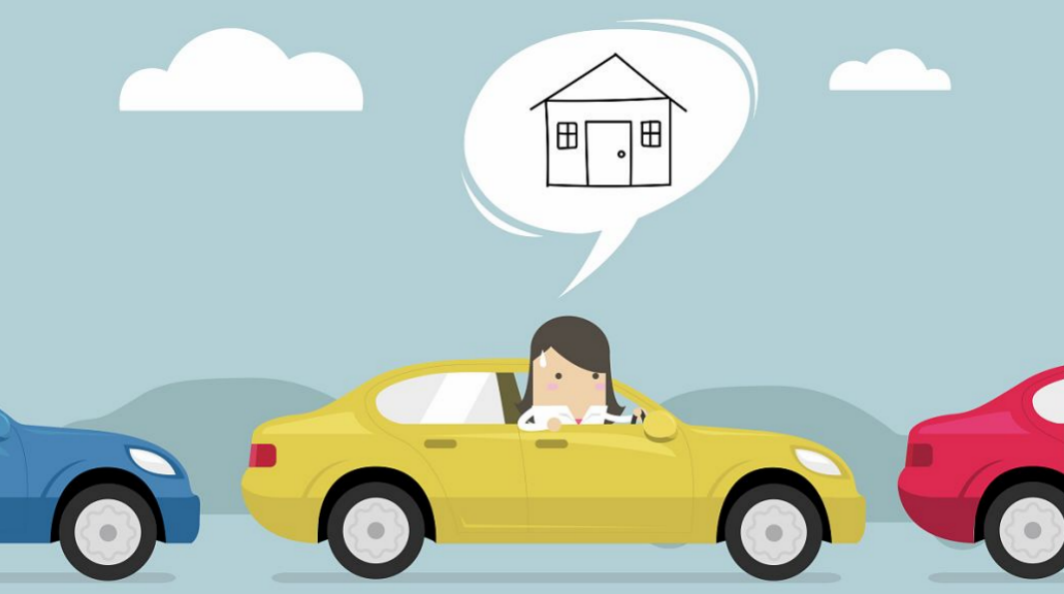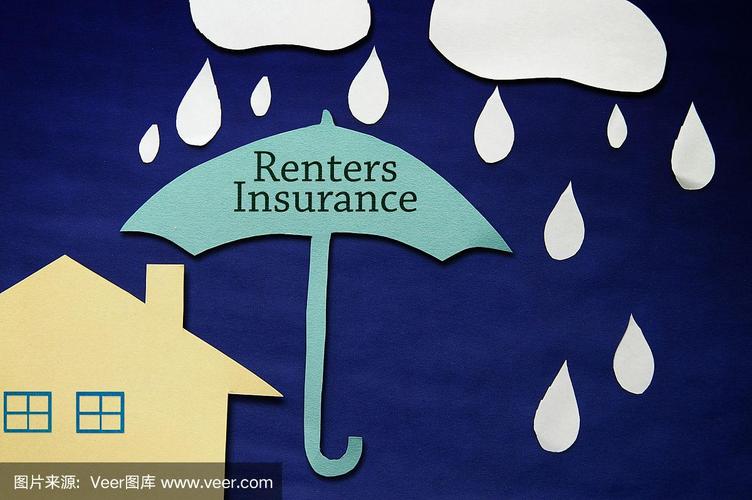These Are the Insurance Policies You Should Have at Least One Of
In real life, insurance is like the windows on a cabin, too wide and they let in the cold, too narrow and you suffocate in the heat. If you want to stay calm and collected when storms hit, choosing the right type of insurance is a calculation that must be done with care. As the cost of insurance continues to rise, some people only buy coverage for emergencies, while others treat it like a hope-for-the-best investment.
But here's the truth: rather than being about shiny price tags on paper, insurance should act as a warm snow blanket that wraps around you when life gets cold.

Take health insurance, for example. In the U.S, getting sick is one of the most expensive things that can happen to you. Even if you're the type who rarely sees a doctor, one unexpected trip to the emergency room could blow a hole through your finances. Given the cracks in the larger healthcare system or the gaps in existing coverage, having a policy that fits your specific needs is essential. High-deductible plans and staying within in-network providers can help you spend your money where it counts. Auto insurance isn't just a piece of paper— it's more like a loyal friend who quietly sits in your passenger seat, ready to pick up the tab when trouble strikes. Its core purpose is to shield you from potentially massive financial losses when your car gets dinged, damaged, or worse. You'll want to think about whether your "pant legs" are still exposed.
If your vehicle is still under a loan or lease, then full coverage isn't optional; it's the main dish on the insurance menu. Collision, as the name suggests, covers accidents where you hit another car, a pole, a wall, or even a tree. Comprehensive is like a protective umbrella, covering non-collision mishaps like hail damage, deer strikes, falling branches, or theft. When evaluating your coverage needs, you should be as cautious as you are when picking a parking spot. Then, comprehensive insurance is a must. Commuting daily through congested city traffic? Collision coverage is your suit of armour. If you live in a snowy region or a hurricane zone, don't overlook the risks from extreme weather. Insurance companies will tailor your premiums based on your driving record, location, age, and vehicle condition, so maintaining good habits doesn't just keep you safe; it saves you money. Just like waxing your car to make it shine, you can polish your profile with a clean driving record— it's your best reference letter when renewing coverage.

Then there's life insurance- one of the major financial commitments in life. It's not just a payout; it's a strategic source of stability and a way to leave behind a clean, compassionate legacy for your family. In the event of an accident, the payout can be used to fund final expenses, medical bills, or ongoing living costs. Even better, some modern life insurance policies come with a cash value component, meaning you can calculate their worth while you're still alive— and potentially use them to supplement daily expenses or plans.

Natural disaster insurance is like an emergency exit door. When everyone else is running, you don't want to be the one standing still. There's no universal policy that covers every natural disaster, but depending on where you live, you can— and should purchase specific add-ons like flood insurance, earthquake insurance, or windstorm insurance. For instance, if you live in a flood-prone area, flood insurance becomes your financial lifeboat. If earthquakes are your region's Achilles heel, earthquake insurance adds a critical layer of protection.
Final advice: insurance isn't a flashlight to light up the dark- it's the snow-proof coat you put on before stepping out the door. At different life stages, based on your financial status and family needs, choosing the right insurance type is how you lay down strong bricks for an uncertain future.
(Writer:Lily)




